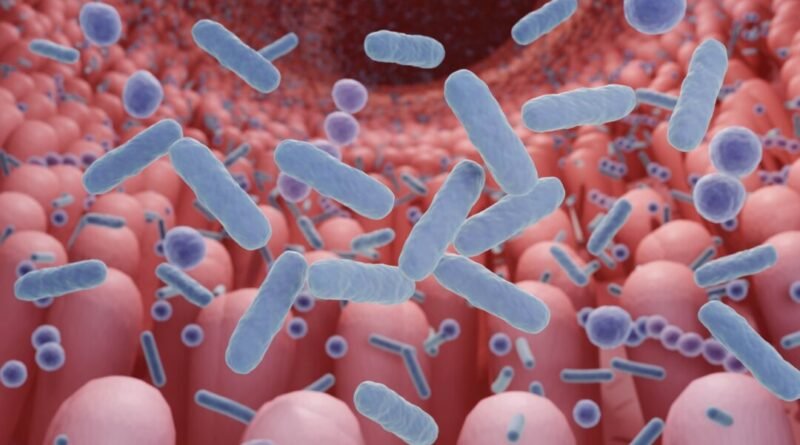Pollutants Pose Health Risk to Gut and May Cause Metabolic Disorders
A study in mice indicates that exposure to a persistent organic pollutant can harm the gut microbiome early in life.
The study, published on August 14 in the journal Environmental Health Perspectives, was conducted on mice but carries implications for individuals who have encountered forever chemicals, a group that includes the population of industrialized nations.
Forever Chemicals
POPs are substances utilized in agriculture, disease control, manufacturing, and other industrial procedures, according to the United States Environmental Protection Agency. Examples include polychlorinated biphenyls (PCBs) and the insecticide dichlorodiphenyltrichloroethane (DDT).
“The adverse health effects associated with these chemicals, such as birth defects and cancer, are well-documented. Our study is the first to suggest that early exposure to a particular POP, TCDF, can disrupt the gut microbiome and lead to metabolic disorders later in life,” stated Patterson in the press release.
“POP impact extends beyond humans to wildlife,” Patterson mentioned to The Epoch Times. While TCDF was utilized as a model for their research, Patterson pointed out that individuals are exposed to a variety of POPs through their diets, primarily through high-fat meat, dairy products, and certain fish.
Unlike other POPs, TCDF has a short half-life, making it more suitable for research with mice. Patterson explained that by administering TCDF to mice, waiting for it to clear from their bodies within a week or so, the subsequent health effects could be studied in the future. Additionally, as TCDF is poorly metabolized, the observed effects could be mostly attributed to TCDF rather than its metabolites, as per Patterson.
Research Specifics
Expanding on previous mouse studies indicating that a five-day intake of dietary TCDF could alter gut microbiota and impact host metabolism significantly, the Penn State researchers provided young mice with pellets containing 0.46 micrograms of TCDF for five days. Subsequently, they examined the mice’s gut microbiomes and overall health immediately and three months later to identify markers of metabolic disease.
The mice exposed to TCDF displayed disruptions in their gut microbiome community and function, along with later signs of metabolic disease, as discovered by the researchers.
“We observed that exposure to TCDF in early life permanently altered the gut microbiomes,” said Yuan Tian, lead author of the study and associate research professor at Penn State. “Additionally, we noted that these mice exhibited higher body weight and glucose intolerance at four months of age [equivalent to young adulthood in humans].”
In addition, mice that received gut microbiome transplants from TCDF-exposed mice likewise exhibited metabolic disorders. “These findings suggest that early-life TCDF exposure could be responsible for impairments in gut microbiome function and health outcomes later in life, even after the elimination of TCDF from the body,” Tian mentioned.
There was a positive aspect from the study: When the researchers gave TCDF-treated mice a probiotic (Akkermansia muciniphila), their gut microbiomes reverted to normal. “With further research, it might be feasible to restore an individual’s microbiome to its optimal state through the use of pre- and probiotics,” Patterson added.
In Humans and Mice Alike?
According to Patterson, premature conclusions should not be made regarding the effects of POP exposure early in human life resulting in outcomes similar to those observed in mice. However, Patterson explained that considering the effects of early antibiotic exposure on health later in life in some individuals, it is plausible that similar effects apply to other toxic substances like POPs.
“More research is essential to comprehend how this translates to humans.”





